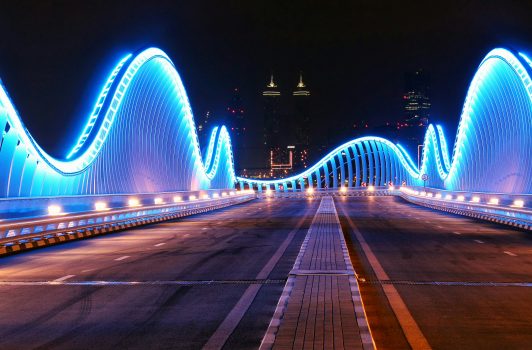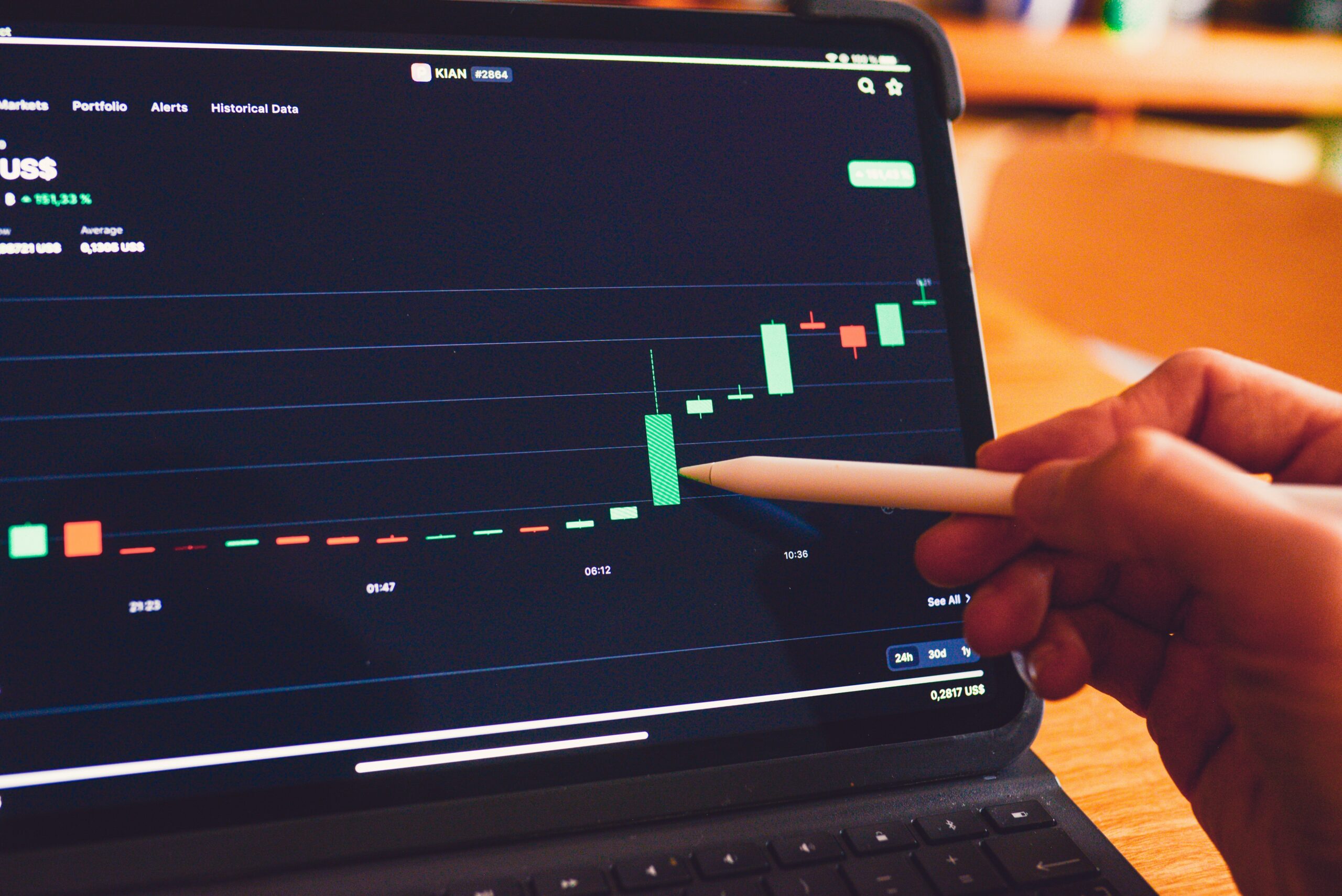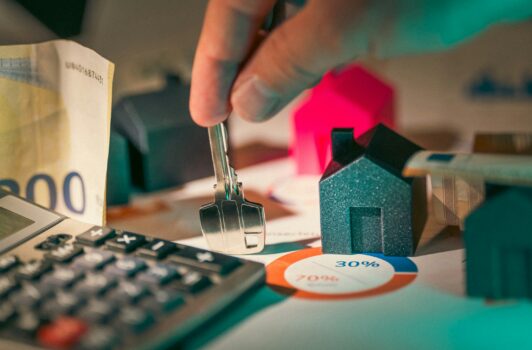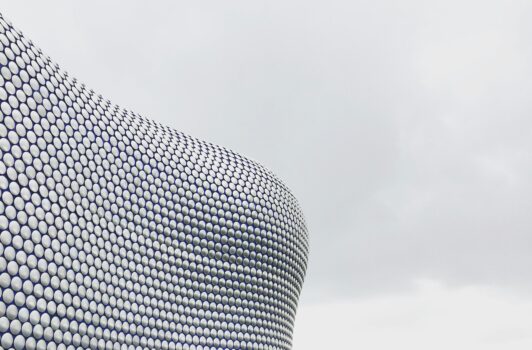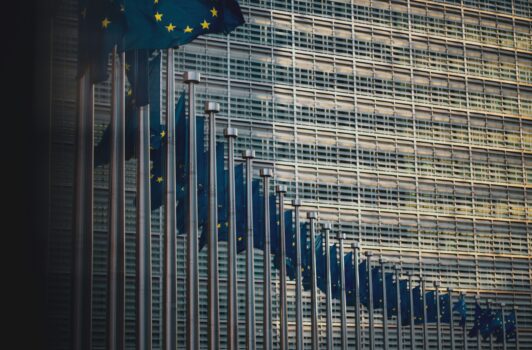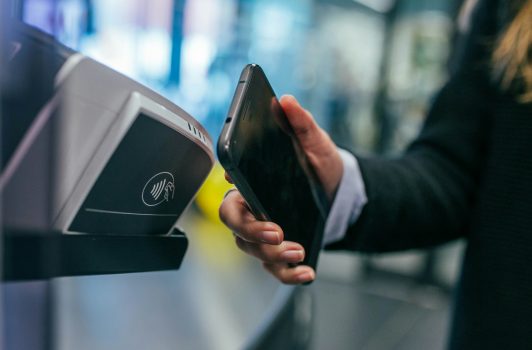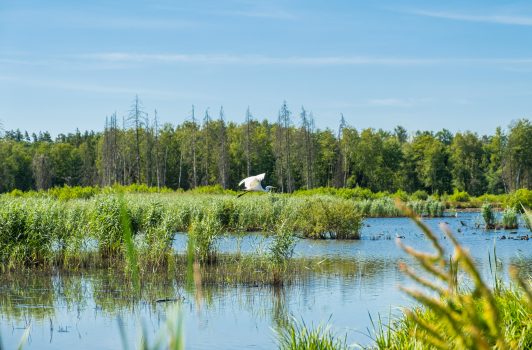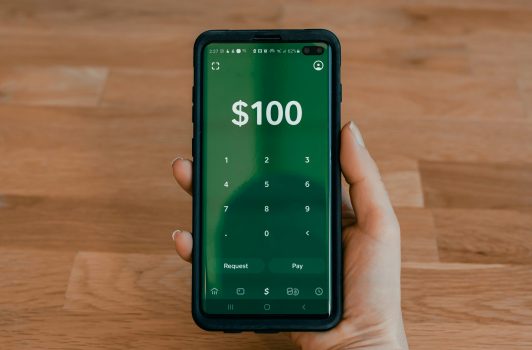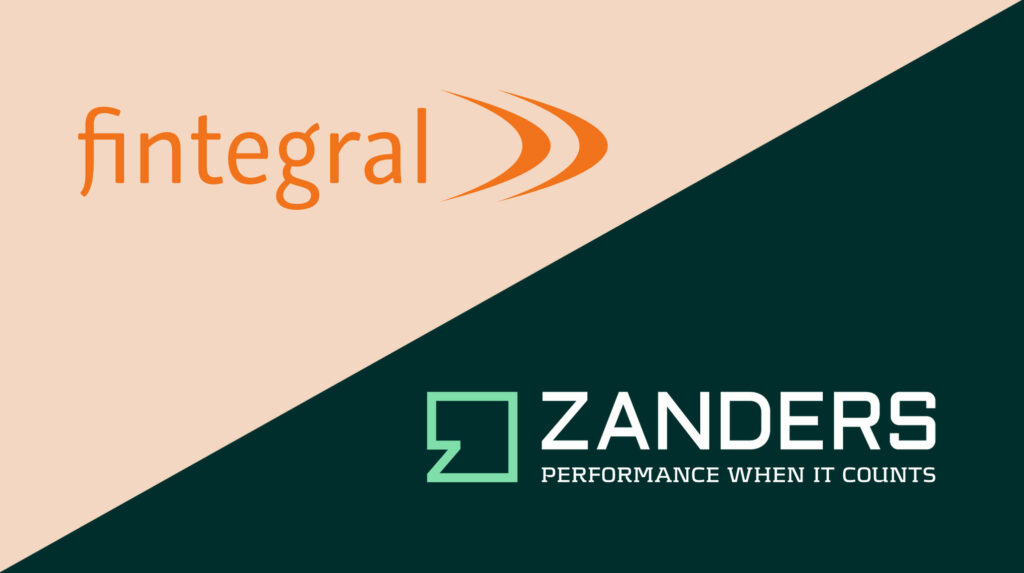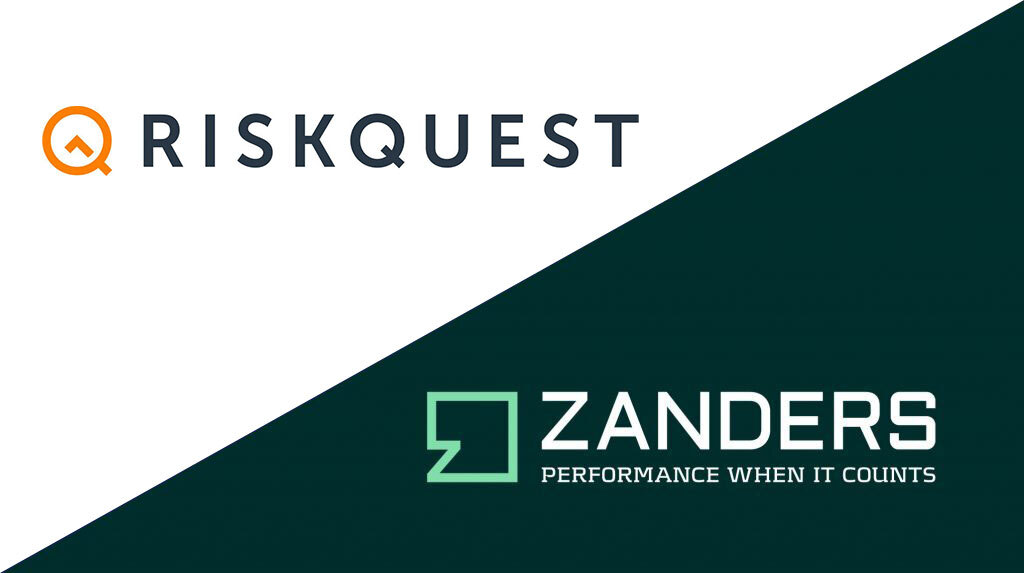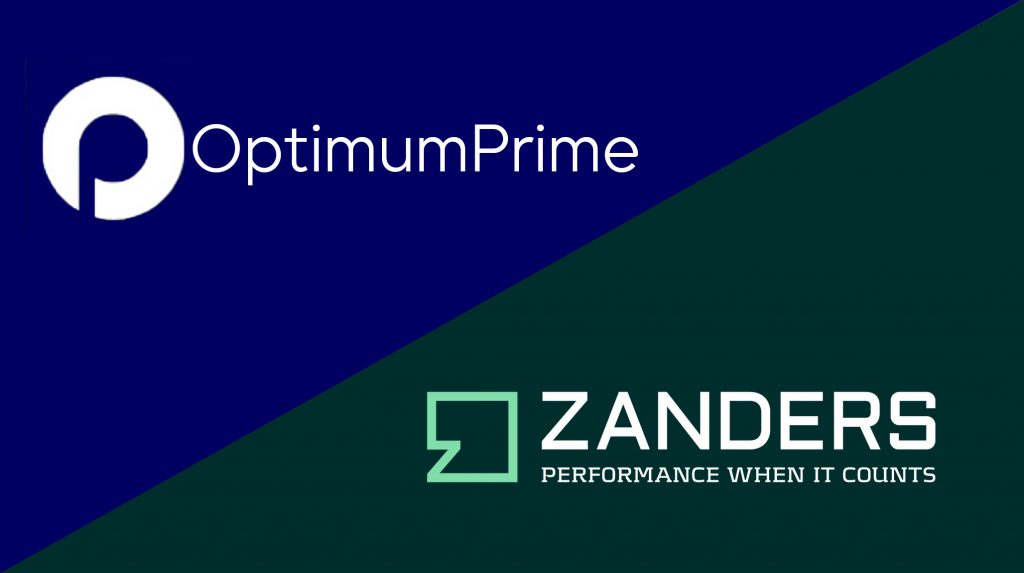Cycling seems to be more popular than ever. In many countries cycling is the fastest growing sport, due to its sustainable character and the improving quality of bikes. The bicycle market is highly diverse in terms of characteristics, preferences and taste. The recent growth of electric bicycles (e-bikes) has clearly contributed to this. Europe’s market leader in e-bikes is Accell Group, headquartered in Heerenveen, a true sports-minded town in the North of the Netherlands.
Growing with e-bikes
Accell Group has recorded continuously growing net turnover numbers in the past few years. In 2014, its net turnover was EUR 882 million. In the third quarter of 2015, Accell Group recorded continued growth in turnover in most countries. The company is now market leader in Europe and among the largest players in North America in terms of sales via specialist bicycle and sports retailers. Accell Group is mainly known for its strong, national bicycle brands, like Batavus, Koga, Sparta, Loekie, Winora, Haibike, Ghost, Lapierre, Raleigh, Diamondback and Redline. Next to these, Accell Group has brands in the bicycle parts and accessories market, such as XLC – sold via the specialist bicycle and sports retail trade.
Approximately 50 per cent of the Accell Group bikes are sold in the Netherlands and Germany, with its strongest brands Koga, Sparta and Batavus. In Germany, Haibike is a very successful brand of high performance e-mountain bikes (e-mtb). Sparta was one of the first brands successfully selling e-bikes in the Netherlands, where now many have followed. The bicycle company always looks for opportunities in the market to expand its portfolio.
Most of the people working here are passionate cyclists
Jonas Fehlhaber, treasurer at Accell Group.

“Many therefore know the products and brands in our markets well. In 2013 and 2014, we have acquired two parts and accessories businesses in Spain and Denmark, in line with our internal and external growth strategy.” The main growth in turnover comes from e-bikes. “We sold 1.7 million bicycles in 2014, a slight decrease in units compared to the previous year, but an increase in turnover thanks to the higher price of e-bikes.”
Two risks to hedge
With 2,800 employees working in 18 countries, Accell Group has its own support facilities for the assembly and spray painting of bicycles. The company’s two segments – bicycles and bicycle parts & accessories – are very complementary, but each has its own dynamics. The more expensive, high quality bikes, such as Koga, are assembled and then heavily tested in the Netherlands. On the production and assembly side, Accell Group is supplied by suppliers from different countries. It has, for example, a Turkish steel frame maker, while the high-end frames come from Taiwan and China. “Our risk management objective is to mitigate all substantial risks arising from foreign currency cash flows in connection with the manufacturing and sales”, says Fehlhaber. “Additionally, we hedge the interest-rate risk on our borrowing. That part is relatively simple: we are financed by a banking syndicate of six international banks. The financing is made available through term loans and a revolving credit facility. The interest-rate risk on borrowings is hedged using interest-rate swaps – first of all because it’s a requirement in our financing agreement, and secondly to limit volatility in interest expenses.”
“Part of the group’s spending is in foreign currencies. The main currency that we are dealing in is the US dollar, which concerns mainly our suppliers of frames and components in Asia. Because of the Shimano components, the Japanese yen is also an important currency for us. The Chinese renminbi is becoming increasingly important too, as well as the Taiwanese dollar – the high-end parts come from Taiwan, while the mid-range mainly come from China. In order to protect our margins, we hedge to prevent any P&L volatility through foreign currency fluctuations.” Accell Group’s strategy is to cover most of the downside risk by protecting the margins against adverse exchange-rate fluctuations. Fehlhaber explains: “On the downside, we want to be protected against adverse rate movements, but be able to participate on the upside should the rates move in our favor.”
Zanders valuation desk
The valuation desk supports organizations with financial instrument valuations, hedge accounting and complex modeling. Zanders helped Accell Group with:
- Valuation of FX forwards, FX options and swaps in compliance with IFRS13 (including credit or debit valuation adjustments – CVA/DVA);
- Hedge effectiveness calculations in compliance with IAS39 (dollar offset test, regression test);
- Definition of the Accell spread for the DVA calculation.
Hedge accounting
To mitigate the profit and loss effect arising from derivatives used for hedging, Accell Group applies hedge accounting under international accounting standards covered by IFRS 9 (IAS 39). “We do cash flow hedges, which means that we have a hedging instrument in our books, while the exposure itself is not in our books yet”, Fehlhaber explains. “If you revaluate your hedging instruments you get a P&L impact without the offsetting impact of revaluating the underlying item, because the cash flow is in the future. The value changes in our hedge instruments
can be booked in equity instead of in the P&L. Therefore, hedge accounting is extremely important for us. Since the accounting standards in relation to hedge accounting are very challenging and the application time consuming, we were looking for a solution to have the whole process of hedge accounting outsourced to one partner. That’s why we asked Zanders’ valuation desk to help us.”
Zanders consultant Jaco Boere was involved in the testing of the hedge effectiveness. “Hedges are for economic purposes, so they lock in future cash flows”, he says. “Therefore you want to match the timing of the hedging instrument with the underlying item that affects the P&L.”
Future plans
In the years to come, Accell Group intends to focus on safeguarding and reinforcing the market positions of its strong national brands. “We will try to complete our portfolio and generate growth by maintaining our number one position in the growing e-bike market. We also put a lot of focus on the supply chain – there are a lot of synergies to be gained in streamlining that process, especially concerning our procurement.”
As an organization, Accell Group is fairly small, lean and mean, Fehlhaber explains. “We therefore don’t have the capacity to have our own valuation desk. Complying with the IFRS requirements demands a lot of work on the documentation side. We report twice a year, in June and December, and for these reporting dates Zanders prepares the full set of hedging documentation as well as the valuation and effectiveness testing.” Pierre Wernert, who has worked with Accell and represents the Zanders valuation desk, explains: “Each hedging instrument is part of one or more hedge relations and Accell Group has many foreign exchange instruments used for hedging. According to IAS 39, each hedge relation needs hedge documentation.”
“The efforts are both on the process and on the advisory side”, says Fehlhaber. “We had many meetings and calls to discuss our specific requirements and at the same time satisfy the IFRS requirements in all aspects. That’s where Zanders has been a great partner.”


